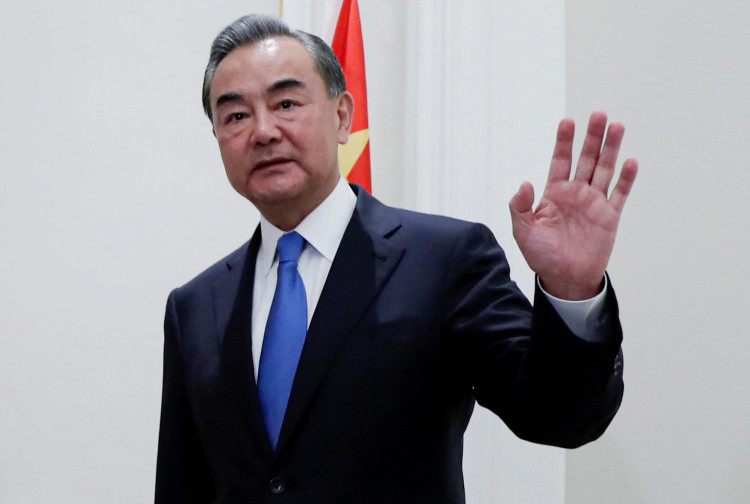China and Russia foreign ministers summit Tuesday displayed unity as the two countries face new sanctions and criticism from the west.
Lavrov Highlights Benefit Of New Sanctions
China's Wang Yi and Russia's Sergei Lavrov met Tuesday to strengthen the two countries' alliance. The foreign ministers said the countries were working to address issues such as COVID-19 and climate change.
Wang and Lavrov also accused some western countries such as the U.S. and other European nations of "interference" in the affairs of other countries, referring to the fresh sanctions.
While new EU sanctions on four Russian citizens are deemed detrimental to Russia's diplomatic ties with the west, Lavrov said the sanctions "leads to the fact that our relations with China are developing faster than what's left of relations with European countries."
Lavrov added that western countries had been imposing "their own rules on everyone else." Wang echoed his Russian counterpart's sentiments, stating that "unilateral sanctions" should be strongly opposed.
Earlier this month, Brussels sanctioned four Russian citizens in relation to the guilty verdict on Russian blogger Alexei Navalny, who is a prominent critic of Russian president Vladimir Putin and also the opposition leader.
Navalny's supporters and allies have since called for a new protest to demand for his release from prison.
Wang Brushes Off Western Powers' 'Stories'
During the two-day summit, Wang said gone were the days when the U.S. and other western countries made up "stories and lies."
Wang referred to a joint response from the U.S., EU, Britain and Canada, regarding allegations that human rights were being violated among minority groups in Xinjiang. The response resulted in sanctions against multiple Chinese officials.
Beijing has repeatedly rejected the accusations and also denied that its growing cooperation with Russia could be targeted at blocking global interference on its domestic affairs.
Will U.N. Summit Be The Solution?
The two countries then called for a summit between permanent members of the United Nations Security Council to resolve the issue with Western countries.
In a joint statement after Wang and Lavrov's meetings, the two countries said a U.N. summit was necessary to develop "direct dialogue" between the members in terms of addressing matters that should maintain world stability.





